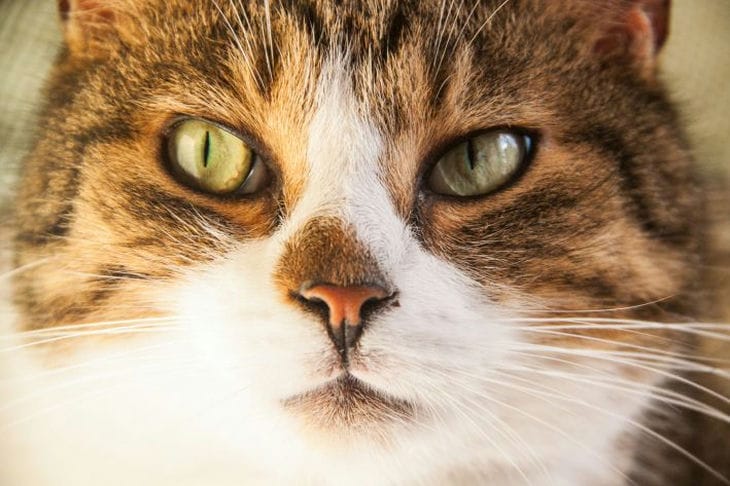Is it possible to develop intelligence in cats: revealing the secrets of the mental evolution of furry geniuses
Cats have long been considered mysterious and independent creatures.
Their behavior often baffles even experienced owners.
The question arises: is it possible to influence the intellectual development of these graceful animals, and if so, how?
Natural Intelligence of Cats
Cats have a high level of natural intelligence. These animals are capable of solving complex problems related to finding food, hunting, and survival.
Their brains are well-adapted to process sensory information, especially in the areas of vision and hearing. However, cats' natural abilities can be developed and improved.

Stimulation of mental activity
To develop a cat's intelligence, it is necessary to create an environment rich in stimuli.
Puzzle toys, mazes with treats, interactive games – all of these help activate the animal’s thought processes. It is important to change the toys and tasks regularly to maintain the cat’s interest and prevent boredom.
Social interaction
Communication with humans and other animals plays an important role in the development of cat intelligence.
Regular games, teaching commands and simply attention from the owner stimulate the pet's brain activity.
Cats living in socially active environments exhibit higher levels of cognitive ability.
Learning new skills
Contrary to popular belief, cats can be trained to do various tricks and commands. This process is not only entertaining, but also greatly stimulates the animal's mental abilities.
You should start with simple commands, gradually making the tasks more difficult. It is important to remember about patience and the use of positive reinforcement.
Proper nutrition
Diet plays an important role in the development and maintenance of a cat's cognitive functions.
Foods rich in omega-3 fatty acids, antioxidants, and B vitamins promote brain health. Consulting with your veterinarian can help you formulate the best diet for your pet.
Physical activity
Regular exercise not only keeps your cat's body in shape, but also stimulates the brain. Climbing frames, running wheels, toys on strings - all this helps the pet to stay active and inquisitive. Physical activity improves blood supply to the brain, which has a positive effect on cognitive functions.
Individual approach
Every cat is unique, and what works for one animal may not work for another.
It is important to observe your pet's reactions and adapt development methods to its individual characteristics.
Some cats respond better to visual stimuli, others to auditory or tactile ones.
Patience and consistency
Developing a cat's intelligence is a long process that requires patience. It is important to be consistent in training and not expect immediate results. Regular but short training and play sessions are more effective than rare, long sessions.
Age-related features
It is important to keep in mind that a cat's ability to learn may change with age. Kittens and young cats are usually more receptive to new knowledge, but adult animals are also capable of learning.
For older cats, mental stimulation is especially important as it helps slow down the aging process of the brain.
